Cardiovascular diseases (CVDs) are a group of disorders affecting the heart and blood vessels.
The Open Science Institute’s Cardiovascular disease Initiative has now progressed to the Fourth phase — Combination Screening. We need your support to move forward. Our goal is to raise $500,000 to research and reveal to the scientific community, highlighting the powerful potential of natural compounds. Please support this initiative.
Cardiovascular diseases (CVDs) are a group of disorders affecting the heart and blood vessels. They are the leading cause of death globally, responsible for millions of deaths each year. The most common types of CVDs include coronary artery disease (which can lead to heart attacks), cerebrovascular disease (which can result in strokes), heart failure, arrhythmias, peripheral artery disease, and congenital heart defects. The primary cause of many cardiovascular diseases is atherosclerosis, a condition where fatty deposits build up in the walls of arteries, leading to narrowing and hardening. This can restrict blood flow to vital organs, including the heart and brain, increasing the risk of heart attacks and strokes. Other contributing factors include high blood pressure (hypertension), high cholesterol levels, diabetes, obesity, smoking, excessive alcohol use, physical inactivity, and an unhealthy diet. Genetics and family history can also play a significant role in an individual’s risk of developing cardiovascular disease. However, many cases are preventable through lifestyle modifications. Eating a heart-healthy diet rich in fruits, vegetables, whole grains, and lean proteins, maintaining a healthy weight, exercising regularly, avoiding tobacco, and managing stress can significantly reduce the risk of CVDs. Early detection and proper management are crucial. Routine screenings for blood pressure, cholesterol, and blood sugar levels can help identify risk factors early. Medications may be prescribed to manage these conditions, and in some cases, surgical interventions like angioplasty or bypass surgery may be necessary. Public health initiatives aimed at raising awareness and promoting healthy living are essential in combating cardiovascular diseases. With the right preventive measures and timely treatment, individuals can greatly improve their heart health and quality of life, reducing the burden of CVDs on families and healthcare systems around the world.
The Systems Architecture of Cardiovascular disease is published as a Web-based tool open to public. Click below to interact with the systems architecture.This phase is yet to begin
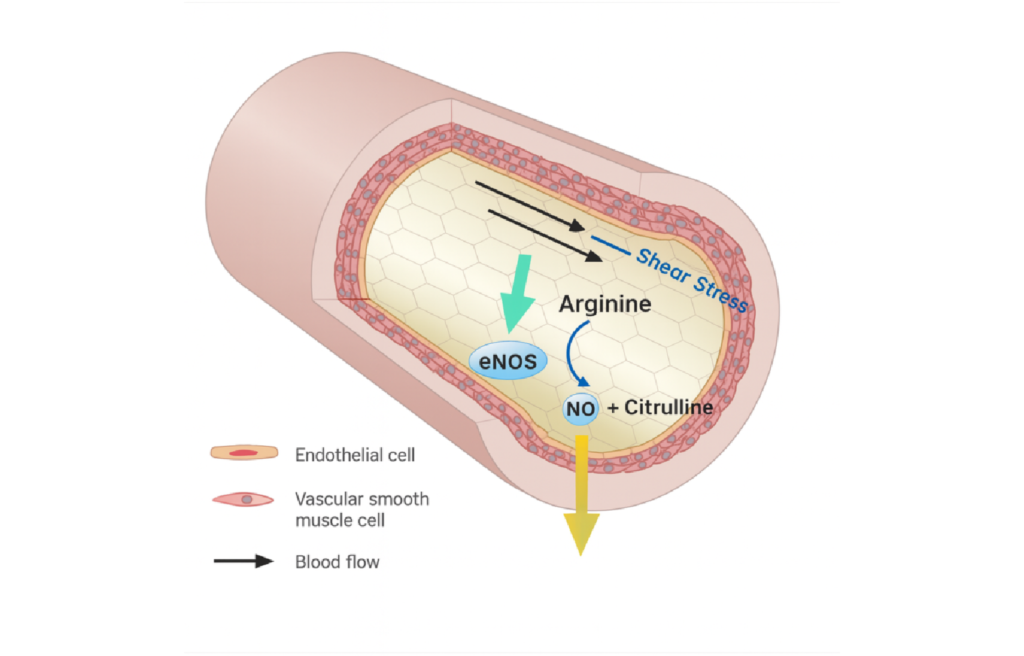
A peer-reviewed publication from the Cardiovascular disease Initiative will be released soon to benefit the public by revealing powerful insights into the use of natural compounds for treating Cardiovascular diseases—support this initiative to advance scientific discovery and deliver real solutions.
In this phase, the Cardiovascular disease Initiative in silico modeling to identify and test the efficacy of bioactive compounds. The results are shown below. compounds on Atherosclerosis, Hyperlipidemia and Endothelial dysfunction activity.
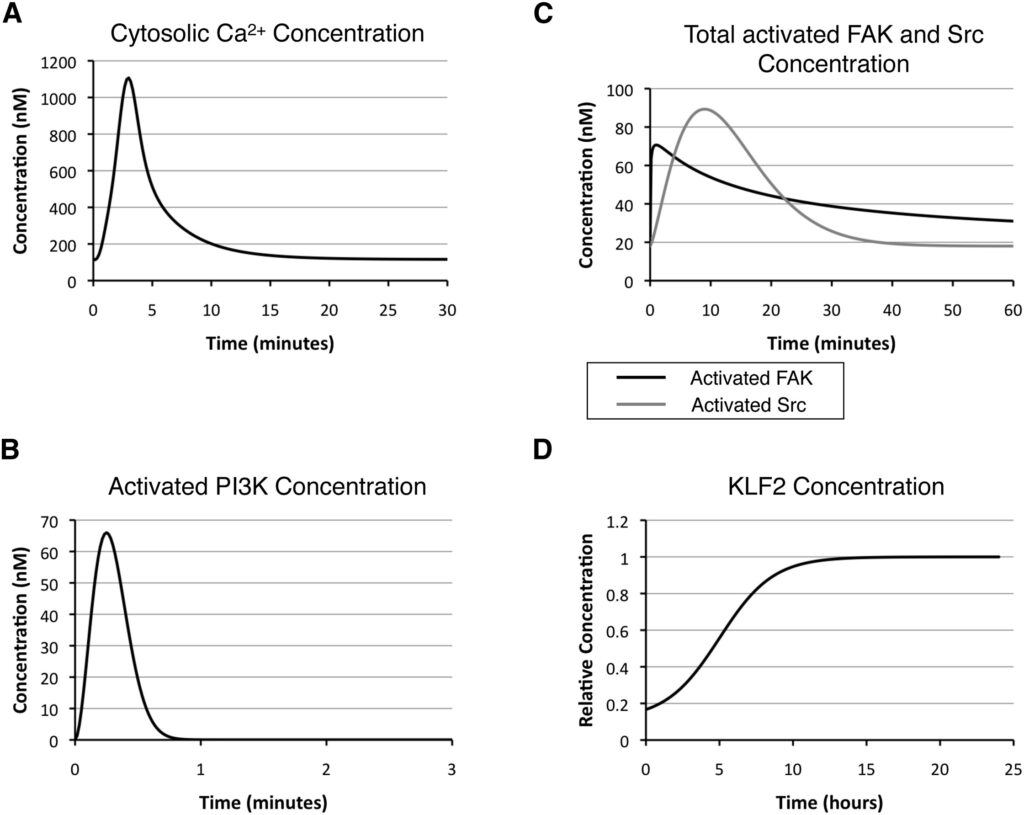
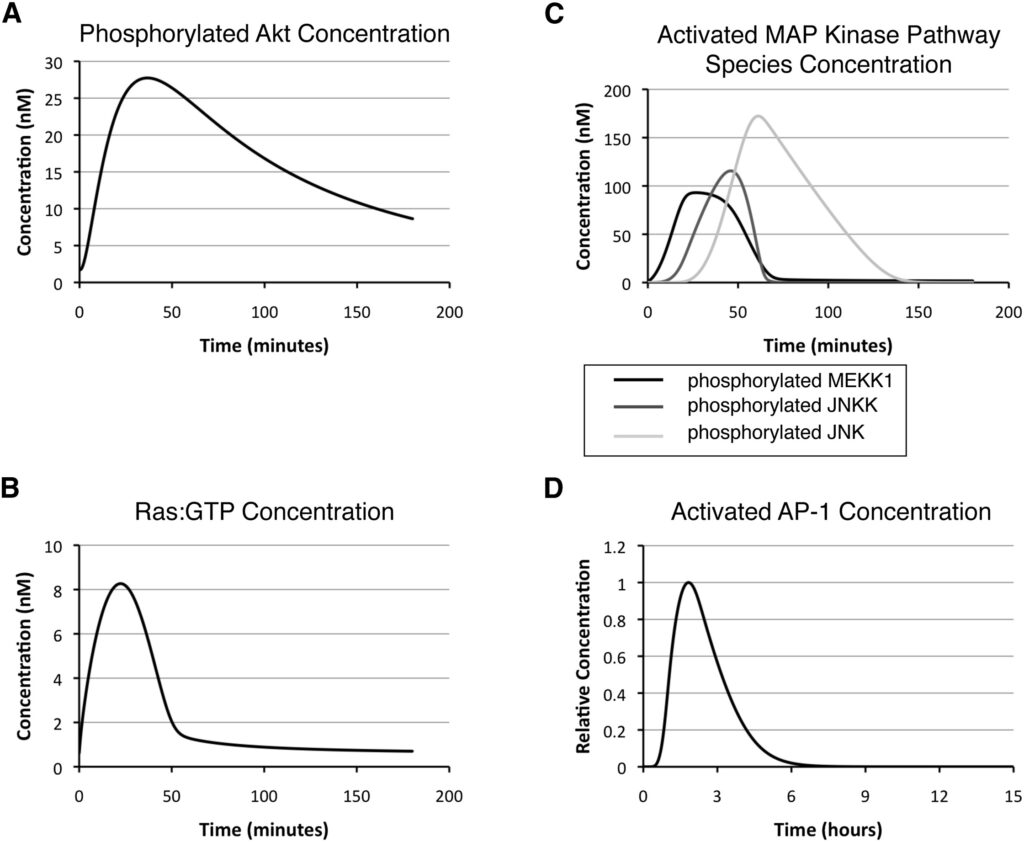
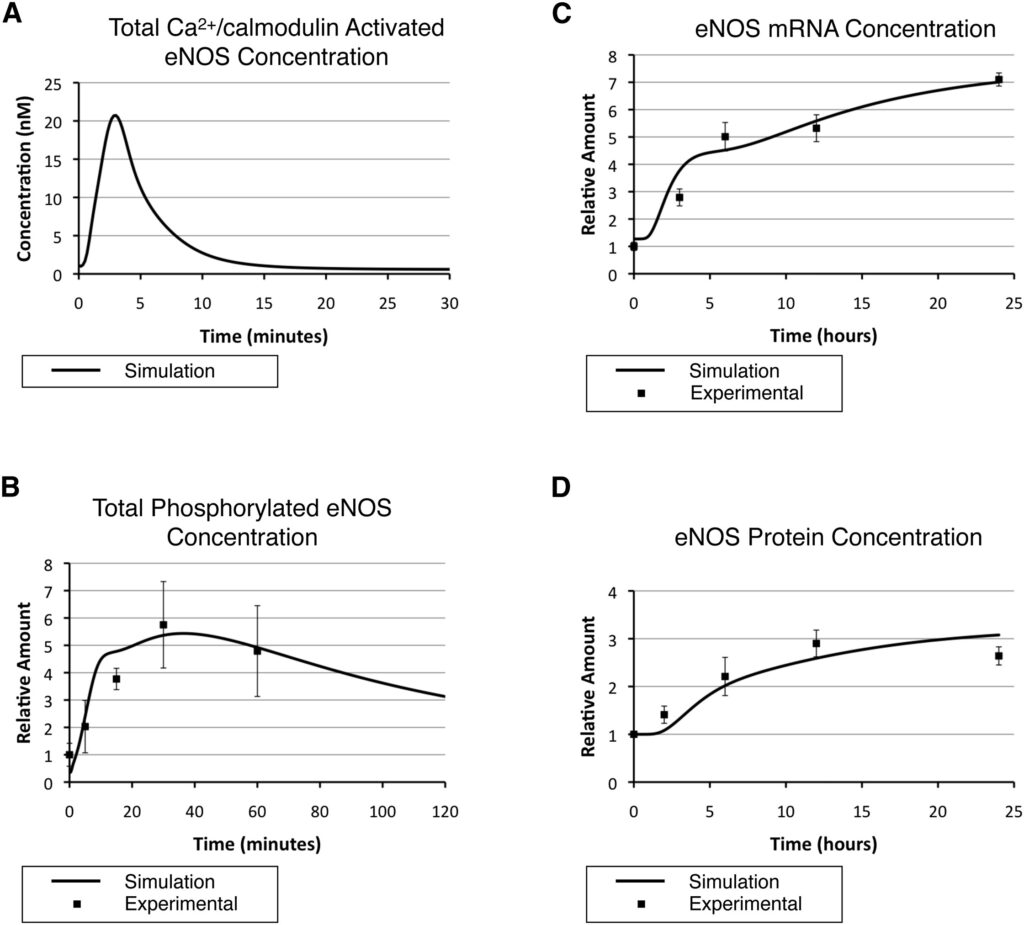

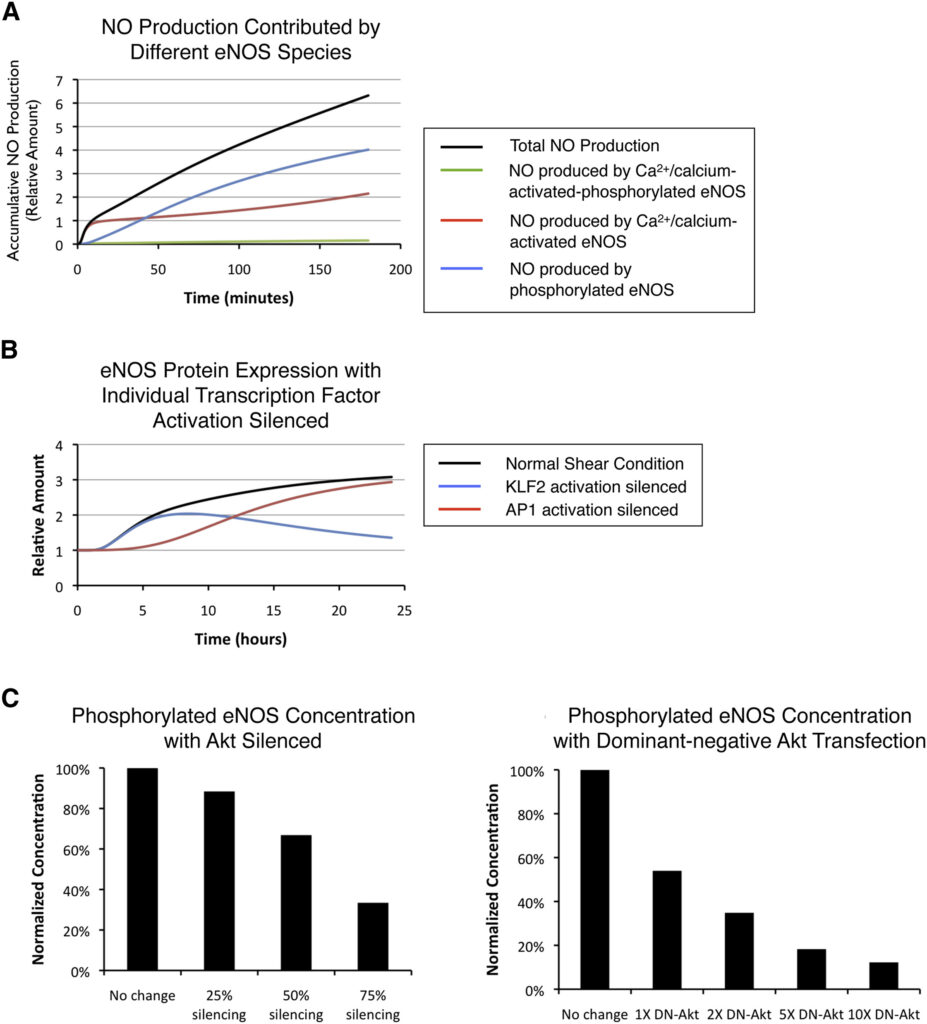
In this phase, combination screening will be performed to identify potential ingredients/compounds that target the biological process implicated in pathogenesis of cardiovascular diseases. This phase is yet to begin
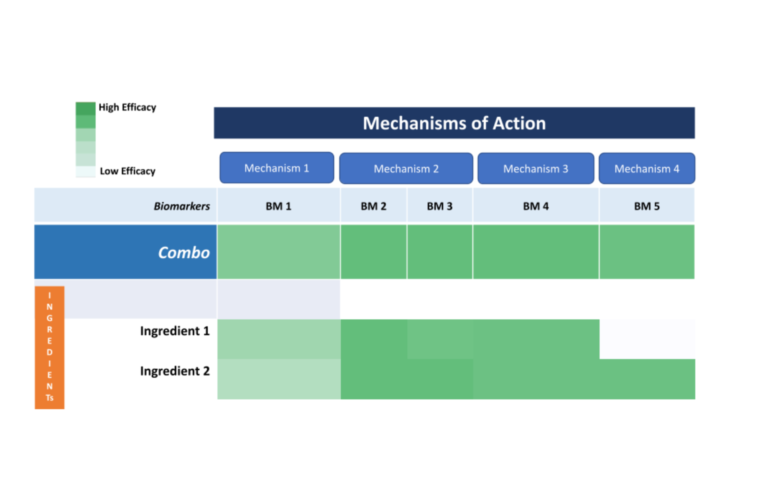
The Open Science Institute® through its Cardiovascular disease initiative is moving towards getting patents for a revolutionary compounds that affects Atherosclerosis, Hyperlipidemia and Endothelial dysfunction activity. This phase is yet to begin
The Cardiovascular disease Initiative plans to discover, develop, license and manufacture a Cardiovascular disease product which supports treatment of Cardiovascular diseases. Support our mission to bring this innovation to those who need it most. Please support this Phase by donating to the Cardiovascular disease Initiative

